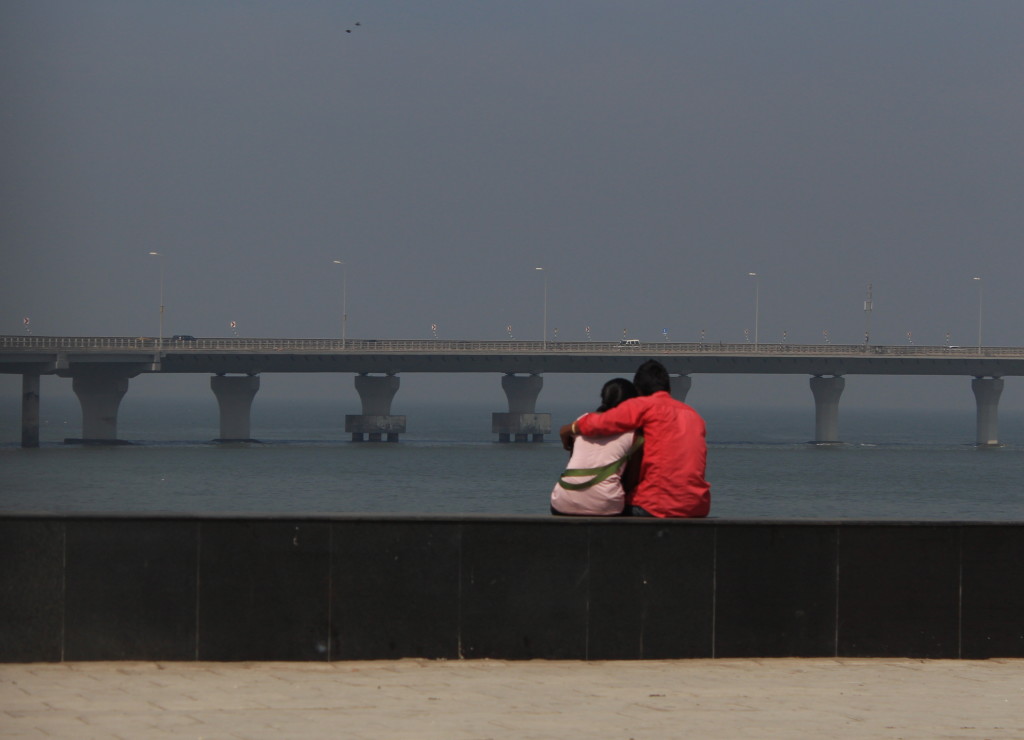I finally had the opportunity to watch Errol Morris’ latest film, The Unknown Known, last night. In the tradition of Morris’ earlier work on Robert McNamara, The Fog of War, The Unknown Known features a Donald Rumsfeld who speaks directly into the camera, confronting his interviewer and the audience head-on. This he does with the characteristic self-assuredness long associated, for better or (mostly) for worse, with virtually the entire George W. Bush administration.
The film’s title is borrowed from one of Rumsfeld’s most famous statements, initially spoken at a Department of Defense briefing on February 12, 2002:
As we know, there are known knowns; there are things we know we know. We also know there are known unknowns; that is to say we know there are some things we do not know. But there are also unknown unknowns — the ones we don’t know we don’t know. And if one looks throughout the history of our country and other free countries, it is the latter category that tend to be the difficult ones.
The title of Errol Morris’ film, then, refers to the omitted fourth category: unknown knowns. Although he chose, in his public briefing, to leave out any references to this final combination, Rumsfeld indeed ruminated on it later on. In an internal memo, or “snowflake,” to his staff in early 2004, Rumsfeld wrote:
There are known knowns. There are known unknowns. There are unknown unknowns. But there are also unknown knowns. That is to say things that you think you know that it turns out you did not.
At Morris’ request, Rumsfeld reads this memo aloud in The Unknown Known, the audio of which was repeated several times throughout the film. Each time I heard it, it grated on me: wasn’t it all backwards? An unknown known isn’t something you think you know that you actually don’t, but vice versa: something you don’t know that you know. Stranger still, Rumsfeld describes it correctly in the film itself, without acknowledging his opposite characterization in the 2004 memo.
Towards the end of the film, after repeatedly teasing the audience with this uncorrected interpretation, Morris finally raises the discrepancy with Rumsfeld. The former defense secretary, after asking Morris to display the text of the memo onscreen, subsequently reads it aloud, slowly, as if listening to the words for the very first time. (Earlier on, he’d told an incredulous Morris that he had yet to read the infamous “torture memos,” citing his lack of legal training as justification.)
Upon completing his recitation of his own memo from a decade before, Rumsfeld pauses for a moment, then says:
Yeah, I think that memo is backwards. I think it is closer to what I said here, than that.
This was, in its own way, the crux of the film. Although Morris neglected to prod Rumsfeld in the aggressive manner of an investigative reporter, “his questions” — to borrow David Denby’s line — “lead the Secretary to nail himself.” Donald Rumsfeld, steward of one of the most disastrous foreign policy eras in American history, swats away a fundamental philosophical error — one with enormous, fatal, and long-lasting implications for the United States, the Middle East, and beyond — with a metaphorical wave of his hand.
It is this very nonchalance that most strikingly contrasts Rumsfeld with McNamara. Where, in The Fog of War, McNamara revealed self-doubt and even regret for his role in the outcome of the Vietnam War, Rumsfeld’s performance is gripping for his utter detachment from the events that followed the Bush administration’s decision to invade Iraq.
It is as if the entire output of his tenure as Defense Secretary were simply an academic experiment he’d conducted in order to satisfy his own intellectual curiosity. (In one portion of the film, Rumsfeld demonstrates his obsession with the minutiae of semantics when he quotes a memo in which he asked his staff for the definition of the word “several.”) The tragic aftermath of his decisions, it necessarily follows, is just as theoretical, a reality thoroughly abstracted from the parallel one in Rumsfeld’s head. When Morris asks him if the United States would have been better off avoiding the Iraq invasion altogether, Rumsfeld replies: “Well, I guess time will tell.”
The statement bears a superficial resemblance to George W. Bush’s repeated assurances that he is comfortable waiting for history to judge his two terms in office. But beware the misleading comparison: it is nothing of the sort. Bush’s trademark is his unwavering belief in himself and his decisions (his memoir is called Decision Points): when he emphasizes his patience in the face of criticism, it is with the self-satisfaction of a man who knows himself to be right and the rest of the world wrong.
Rumsfeld, by contrast, appears not to care one way or another. Right or wrong, he is too concerned by theory and process to let a little thing like consequences trouble his conscience. That those consequences are now, and have long been, the embodiment of a “known known,” leaves one to wonder just what Donald Rumsfeld knows about anything at all.










